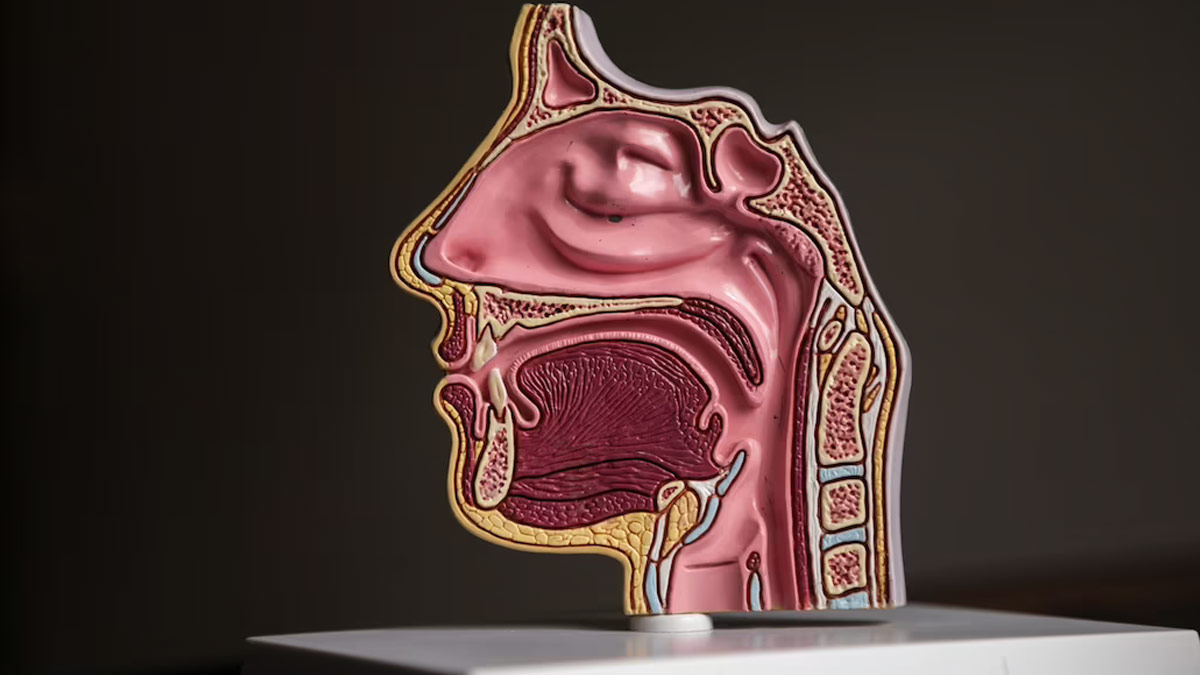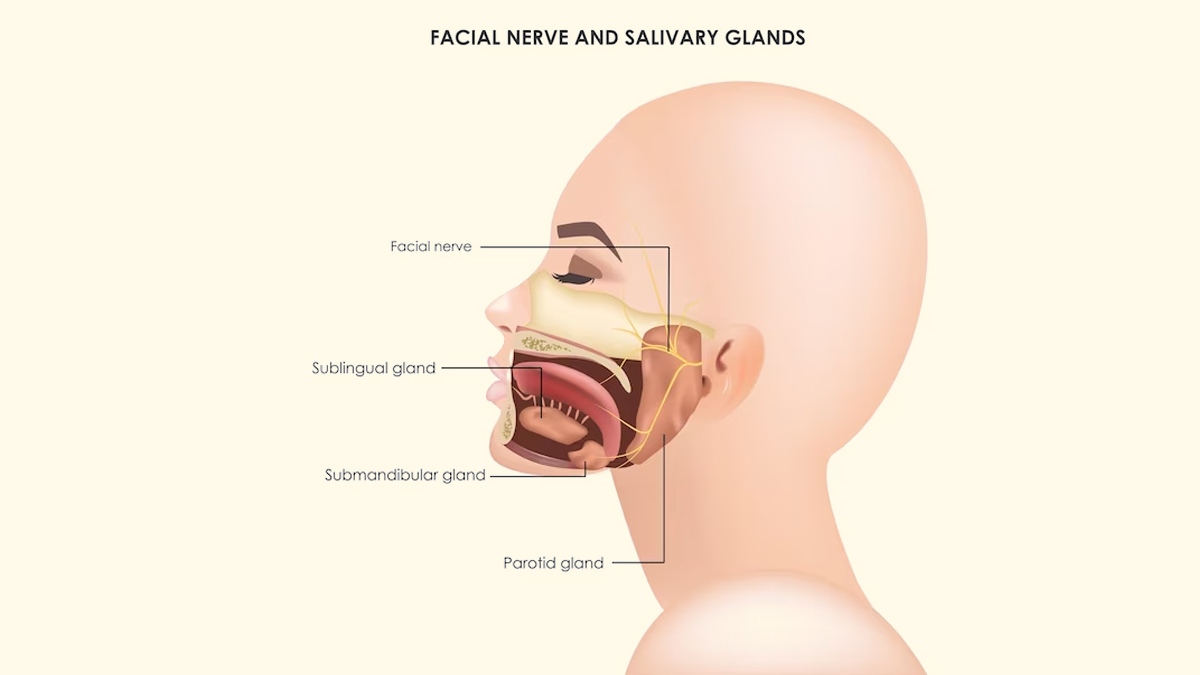
Saliva, often overlooked, plays an important role in our oral health and digestion. But have you ever wondered why salivary glands sometimes seem to go inactive? Let's explore their functions, and the reasons behind their occasional dormancy.
Table of Content:-
The Importance of Salivary Glands
Saliva isn't just there to keep our mouths moist. It serves as a natural defence against bacteria and viruses, aids in the digestion of food, and even contains enzymes that initiate the breakdown of starches. Salivary glands, found throughout the mouth and throat, produce and release saliva to maintain oral health and promote efficient digestion.
Factors That Influence Salivary Gland Activity
Several factors influence the activity of salivary glands. These factors include hydration, food intake, hormones, medications, and overall health. When all these elements align, our salivary glands function optimally, ensuring a balanced production of saliva.
Dehydration and Dry Mouth
One of the most common reasons for reduced salivary gland activity is dehydration. When our bodies lack sufficient fluids, salivary glands may slow down saliva production. This can lead to a dry mouth, which not only feels uncomfortable but also puts us at a higher risk of dental issues and oral infections.

Also read: In-Home Saliva Screening Test Can Detect Oral and Throat Cancers With 90% Accuracy
Medications and Medical Conditions
Certain medications, including antihistamines, antidepressants, and drugs for high blood pressure, can interfere with salivary gland function. They may cause the glands to produce less saliva, resulting in dry mouth. Medical conditions like Sjögren's syndrome, an autoimmune disorder that affects moisture-producing glands, can also lead to reduced salivary gland activity.
Ageing and Hormonal Changes
As we age, our bodies undergo various changes, including shifts in hormonal levels. Hormones play a role in regulating salivary gland activity. Changes in hormonal balance, such as those that occur during menopause, can contribute to decreased saliva production.
Nervous System and Stress
The nervous system also plays a role in salivary gland activity. The act of chewing and even the mere sight or smell of food can trigger saliva production through the brain's signals. Conversely, stress and anxiety can hinder this process, reducing saliva flow. This is why our mouths might feel dry when we're nervous.

Salivary Gland Dysfunction
In some cases, salivary gland dysfunction can occur. This can be due to various factors, including infections, blockages, or damage to the glands. Inflammation, tumours, or autoimmune disorders can also impact the function of salivary glands.
Managing Reduced Salivary Gland Activity
If you're experiencing reduced salivary gland activity, there are steps you can take to alleviate discomfort and maintain oral health. Staying hydrated by drinking enough water throughout the day is essential. Chewing sugar-free gum or consuming sour foods can stimulate saliva production. Using over-the-counter saliva substitutes or oral moisturising products can also provide relief.
Reach Out To An Expert
If reduced salivary gland activity becomes persistent and uncomfortable, it's advisable to consult a healthcare professional. They can help identify the underlying cause and recommend appropriate treatments. In cases of medical conditions or medications causing dry mouth, healthcare providers can offer guidance on managing the issue effectively.
Salivary glands, often taken for granted, are essential components of our oral health and digestion. Their occasional inactivity can be attributed to various factors, including dehydration, medications, hormonal changes, and overall health conditions.
Understanding the reasons behind reduced salivary gland activity empowers us to take proactive steps in maintaining our oral health and seeking medical advice when needed. After all, a healthy mouth contributes to our overall well-being in more ways than we might realise.
Also watch this video
How we keep this article up to date:
We work with experts and keep a close eye on the latest in health and wellness. Whenever there is a new research or helpful information, we update our articles with accurate and useful advice.
Current Version
